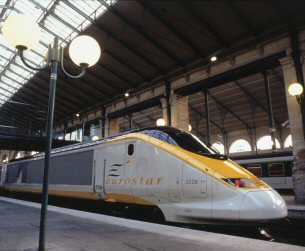 |
|
Did you know Morris Material Handling have merged with Konecranes?
Morris Material Handling Ltd now operates under the Konecranes brand in the UK, following the merge in
2009. This created the largest crane manufacturing and maintenance service company in the UK market.
Read more? The new larger company now operates under the Konecranes brand and has allowed Konecranes to continue to offer the innovative products and services our customers have come to expect. The new company name is Konecranes UK Limited. The partnership first began in 2005, where both Morris and Konecranes continued to operate under their own names for a number of years. In 2009 the decision was taken to fully merge all of Konecranes UK operations. Konecranes and Morris have been the UK crane industry market leaders for many years in terms of customer
service and lifting solutions. By joining its UK capabilities Konecranes is able to offer a unique product offering and
level of service. The new Konecranes company now has a service division of over 250 crane service technicians between 15
branches, which allows us to provide an unrivalled response to our customers in the UK. |
|
For further information on the Konecranes brand, visit the Konecranes UK website. For official spare parts for Morris equipment... Call: +44(0)808 168 3832 Email: ukparts.sales@konecranes.com or Click: www.konecranes.co.uk/service/spare-parts You can find your nearest UK service branch from here. For information on new equipment sales, please click here. |
|
